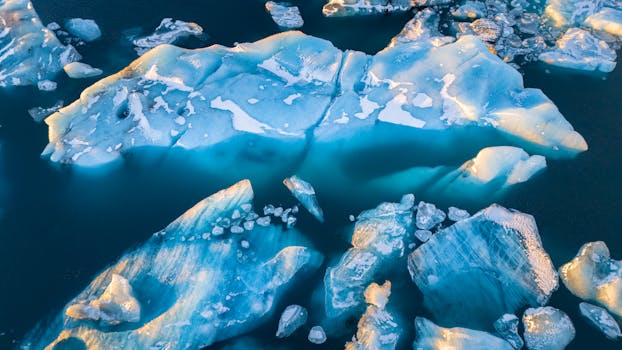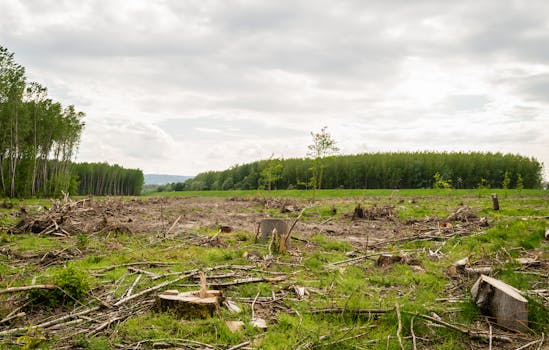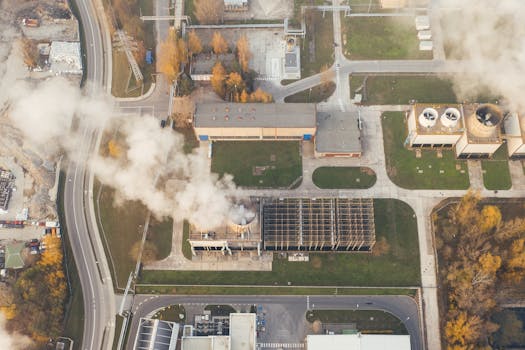
The Impact of Climate Change on Global Ecosystems
Climate Change is one of the most pressing issues of our time, with far-reaching consequences for the health of our planet. As the Earth’s temperature continues to rise, the effects on global ecosystems are becoming increasingly apparent. In this article, we will explore the impact of climate change on global ecosystems, and what we can do to mitigate its effects.
Causes and Effects of Climate Change

Climate change is caused by the increasing levels of greenhouse gases in the Earth’s atmosphere, primarily carbon dioxide, methane, and water vapor. These gases trap heat from the sun, leading to a rise in global temperatures. The effects of climate change are widespread and varied, including rising sea levels, more frequent natural disasters, and changes in weather patterns.
The consequences of climate change on global ecosystems are severe. Rising temperatures are altering the delicate balance of nature, causing plants and animals to migrate to new habitats or become extinct. The polar ice caps are melting at an alarming rate, threatening the survival of polar bears, penguins, and other Arctic and Antarctic species.
Impact on Biodiversity

The impact of climate change on biodiversity is a major concern. As temperatures rise, many species are struggling to adapt, leading to a decline in population numbers and even extinction. The consequences of this can be seen in the loss of ecosystem services, including pollination, pest control, and nutrient cycling.
The effects of climate change on biodiversity can also be seen in the changing distribution of plants and animals. As temperatures rise, many species are migrating to new habitats, either poleward or to higher elevations. This can lead to changes in the composition of ecosystems, potentially altering the functioning of entire ecosystems.
Human Impact and Solutions

The human impact on climate change is significant, with activities such as burning fossil fuels, deforestation, and land-use changes contributing to the increase in greenhouse gases. However, there are many solutions that can help mitigate the effects of climate change, including reducing our reliance on fossil fuels, increasing energy efficiency, and protecting natural habitats.
Individuals can make a difference by making simple changes to their daily lives, such as reducing energy consumption, using public transport, and recycling. Governments and businesses can also play a crucial role in reducing greenhouse gas emissions and promoting sustainable development.
Conclusion

In conclusion, the impact of climate change on global ecosystems is a pressing issue that requires immediate attention. The consequences of climate change are far-reaching, with effects on biodiversity, ecosystem services, and human health. However, by working together, we can mitigate the effects of climate change and promote sustainable development, ensuring a healthy and thriving planet for future generations.






